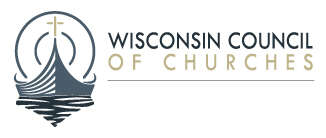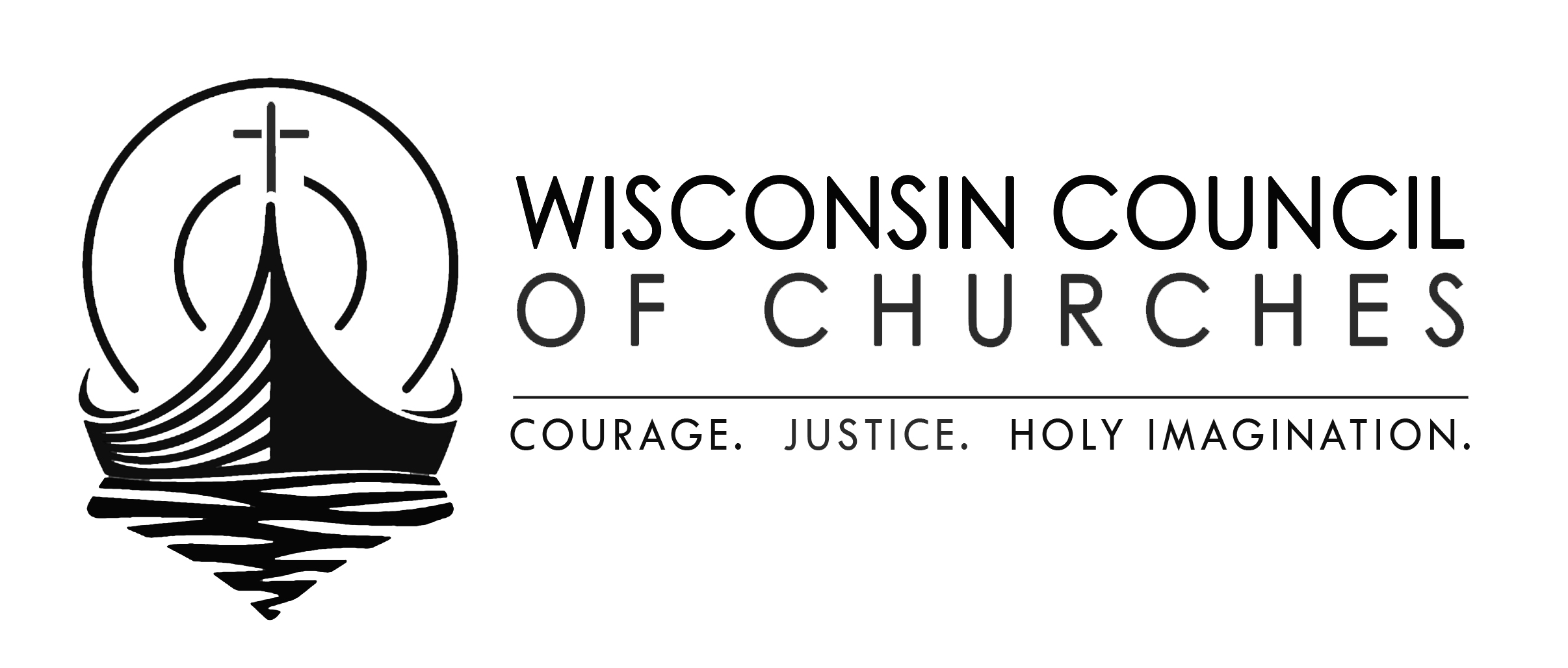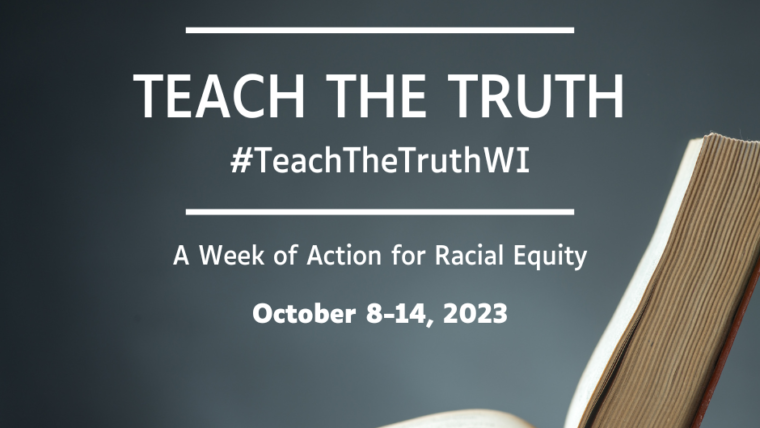
WCC Strongly Encourages Masking — Again
The Wisconsin Council of Churches strongly encourages congregations to return to using masks in worship and other gatherings. The current wave of COVID and other respiratory virus infections calls for increased caution and use of mitigation strategies.
By some of the best measures available, we are in the second-highest COVID surge after the Omicron wave. Wisconsin, in particular, is significantly higher than national and regional trends.
Much of the increase is due to the new JN.1 variant, which is now the dominant strain in the U.S. We are also seeing very high levels of Influenza-like illnesses and RSV. Health authorities in Wisconsin report that “Influenza, RSV, and COVID are circulating widely.
“Sadly, there have been 3 pediatric deaths from RSV in Wisconsin since November, in addition to adult deaths from COVID and Influenza. These viruses pose a real threat to the health of our communities, particularly their most vulnerable members.
We suggest two primary ways to get through the remainder of the respiratory virus season:
- Mask up. As mentioned above, we strongly encourage congregations to go back to using masks in worship and other gatherings. It’s the easiest, most effective way to prevent us from making one another sick. This doesn’t have to be a permanent or open-ended change. Masking at least through the first Sunday in Lent (February 18) should get us past the worst of the season.
- Get vaccinated. Low vaccination rates are significant contributors to the current wave. Only 45% of adults have gotten the annual flu booster, and just 19% have received the new COVID shot. It’s not too late to get a booster shot, and it’s a powerful way to keep yourself and the people around you safe and healthy. COVID boosters also dramatically lower the chances of getting long COVID.
We recognize the difficulty of sticking with best practices in a world that’s, by and large, decided that COVID is done. But it is exactly the business of the church to model persistence in the face of challenges, to show extra care when no one else will. We at the WCC are grateful for all that you’ve done so far and what you continue to do for your communities.



